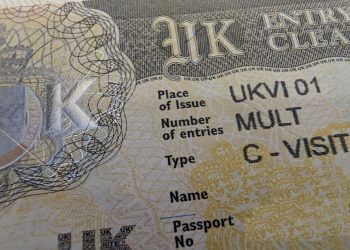As an international student embarking on your academic journey in Germany with a fully-funded DAAD scholarship in 2024, you have the opportunity to earn while you learn, thanks to the great work opportunities available. This German scholarship not only covers school costs and provides a monthly allowance but also allows you to work part-time to make extra money.
The unique opportunity for international students to work part-time or through mini-jobs in Germany not only helps with managing living expenses but also provides valuable work experience in a European setting. In this article, we will provide an overview of the work opportunities, how much you can earn, and the rules for working in Germany on a student visa after obtaining a German scholarship.
Language proficiency is a key factor when it comes to work opportunities in Germany. International students can find part-time job opportunities even without high-level language proficiency, particularly in English-speaking environments. In major German cities and sectors like IT, tourism, or business, a good command of English may be sufficient, especially in international companies, startups, or academic settings.
However, for work opportunities involving public interaction like in retail or hospitality, a basic to intermediate level of German (A2 to B1) is often needed. German University campuses also offer various part-time jobs where English is the primary language, particularly in international or research-focused institutions. Overall, having advanced skills in English or German can expand the employment scope for international students in Germany.
When it comes to part-time work in Germany, salary is a key consideration. The minimum wage for international students is €9.60 per hour, with an average earning potential of €10 to €15 per hour. The actual earnings can vary based on the student’s skills and qualifications, industry, and city of employment. On average, international students can expect to make around €12 per hour.
International students from non-EU/EEA countries are allowed to work 120 full days or 240 half days per year without a work permit. If a part-time job is related to studies or is a mandatory internship, the limits do not apply. If a student needs to work more than the allowed days, a work permit is required from the Federal Employment Agency.
There are earning caps for international students in Germany depending on the type of employment and their residence permit. Students with a German study visa can earn up to €450 per month without paying taxes or social security contributions (Mini Job). If they earn between €450 and €1,350 per month, they fall into the “Midijob” category and will be subject to taxes and social security contributions.
Given the comprehensive information presented, it’s clear that Germany is not just a hub for fully-funded scholarships but also a nurturing ground for part-time work opportunities for international students, without the need for a work permit. I encourage international students to seize this opportunity to experience a blend of top-tier education and real-world professional exposure by applying to German universities and scholarship programs in 2024.
Still have some travel questions? Ask in our Travel WhatsApp Group.








